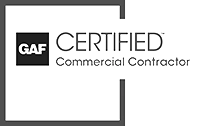Spring Roof Maintenance Checklist for Georgia Homeowners
.webp)
Spring in Georgia brings mild temperatures between 60°F and 80°F, increased rainfall, and the perfect opportunity to assess your roof after winter.
With the state's subtropical climate creating unique challenges—from intense summer heat to frequent thunderstorms—proactive maintenance now can prevent costly repairs later.
Why Spring Maintenance Matters in Georgia
Georgia's climate puts specific stress on roofing systems. The combination of high humidity, temperatures that regularly exceed 90°F in summer, and frequent severe weather creates conditions where small problems quickly become major issues.
Spring's moderate temperatures and lower humidity make it the ideal time to identify and address winter damage before the harsh summer months arrive.
Essential Spring Roof Inspection Tasks
Check for Winter Storm Damage
Start with a visual inspection from the ground using binoculars. Look for:
- Missing or damaged shingles around chimneys, vents, and skylights
- Curled or cracked shingles that may have suffered freeze-thaw damage
- Damaged or loose flashing around penetrations
- Granule accumulation in gutters, indicating shingle deterioration
Inspect Your Attic
Head inside to check your attic for signs of roof problems:
- Water stains on rafters or decking
- Daylight visible through the roof boards
- Mold or mildew growth indicating moisture problems
- Damaged or inadequate insulation that could affect energy efficiency
Critical Gutter and Drainage Maintenance
Clean Gutters and Downspouts Thoroughly
Georgia's tree-covered landscape means gutters fill quickly with debris. Clean gutters are essential because:
- Clogged gutters cause water to back up under shingles
- Standing water attracts mosquitoes and creates breeding grounds
- Ice dams can form during unexpected winter weather
Remove all leaves, twigs, and debris, then flush the system with water to ensure proper flow.
Check Downspout Extensions
Ensure downspouts direct water at least 6 feet away from your foundation. Georgia's clay soil doesn't drain well, making proper water diversion crucial for preventing foundation issues.
Address Georgia-Specific Roof Concerns
.webp)
Combat Heat Damage Prevention
Georgia's intense summer heat causes shingles to become brittle and crack. During your spring inspection:
- Look for curling or buckling shingles
- Check for excessive granule loss
- Ensure adequate attic ventilation to reduce heat buildup
Prepare for Storm Season
With Georgia's frequent thunderstorms and occasional hurricanes, storm preparation is essential:
- Trim overhanging tree branches that could fall during high winds
- Secure loose gutters or downspouts
- Replace any missing or loose shingles before storm season
Prevent Mold and Algae Growth
Georgia's humidity creates ideal conditions for biological growth:
- Clean any visible moss or algae from shingles
- Ensure proper attic ventilation to prevent moisture buildup
- Consider zinc or copper strips to inhibit future growth
Ventilation System Maintenance
Proper ventilation is crucial in Georgia's humid climate. Check that:
- Ridge vents are clear of debris
- Soffit vents aren't blocked by insulation or pests
- Exhaust fans in bathrooms and kitchens vent outside, not into the attic
Poor ventilation leads to moisture problems, reduced energy efficiency, and shortened roof lifespan.
When to Call Professionals
While homeowners can handle basic visual inspections, certain situations require professional expertise:
- Safety concerns when accessing steep or high roofs
- Structural damage like sagging areas or damaged decking
- Complex repairs involving flashing or multiple damaged areas
- Insurance claim documentation for storm damage
Professional inspections every 3-5 years help identify problems before they become expensive repairs. Right Hand Roofing & Gutters offers comprehensive roof assessments that can identify issues invisible to untrained eyes, helping Georgia homeowners avoid costly surprises.
Georgia Building Code Considerations
Georgia follows the International Residential Code (IRC) with specific requirements:
- Permits are typically required for significant roof repairs or replacements
- Fire-resistant materials (Class A, B, or C) are required in certain areas
- Proper ventilation must meet code requirements
- Licensed contractors are required for most roofing work
Always check with your local building department before beginning major roof work.
Spring Maintenance Timeline
Early Spring (March):
- Visual inspection from ground level
- Attic inspection for winter damage
- Gutter cleaning and minor repairs
Mid-Spring (April):
- Professional inspection if issues are found
- Tree trimming and branch removal
- Ventilation system cleaning
Late Spring (May):
- Final preparations for storm season
- Schedule any necessary repairs
- Document roof condition for insurance records
Cost-Effective Maintenance Tips
Regular maintenance costs far less than emergency repairs:
- Annual gutter cleaning costs $100-200 vs. thousands in water damage
- Minor shingle repairs cost $150-400 vs. full roof replacement ($8,000-25,000)
- Professional inspections cost $200-400 vs. undetected damage leading to interior repairs
Signs You Need Immediate Professional Help
Contact a roofing professional immediately if you notice:
- Active leaks during or after rain
- Sagging roof areas indicating structural problems
- Large areas of missing shingles
- Damaged flashing around chimneys or vents
- Granules covering large areas of your yard
Spring roof maintenance in Georgia isn't optional—it's insurance against the state's challenging climate. By following this checklist annually, you'll extend your roof's lifespan, prevent costly emergency repairs, and ensure your home stays protected through Georgia's intense summers and unpredictable weather.
Remember, when in doubt, consult with licensed roofing professionals who understand Georgia's specific climate challenges and building requirements.
Companies like Right Hand Roofing & Gutters, with deep local expertise serving Georgia homeowners since 2005, can provide the professional guidance needed to keep your roof in optimal condition. A small investment in spring maintenance and professional expertise can save thousands in repairs and provide peace of mind throughout the year.

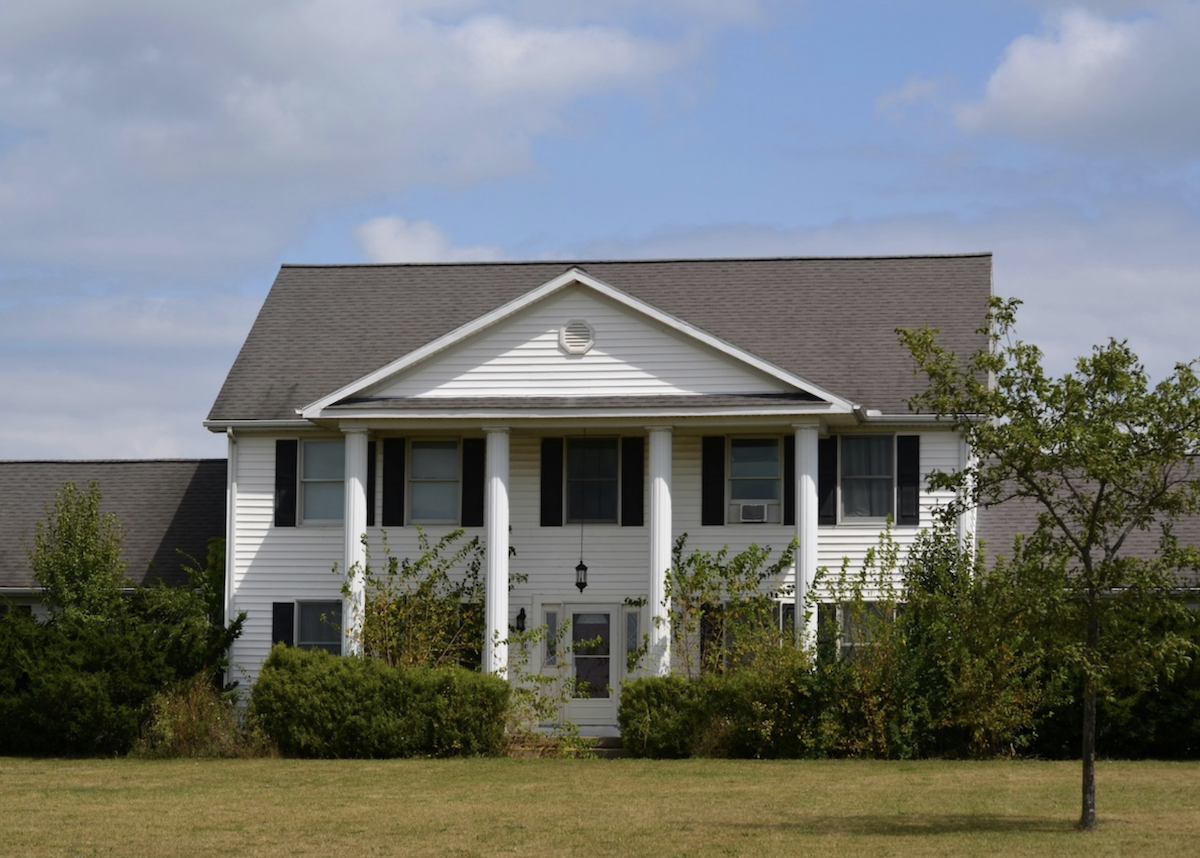
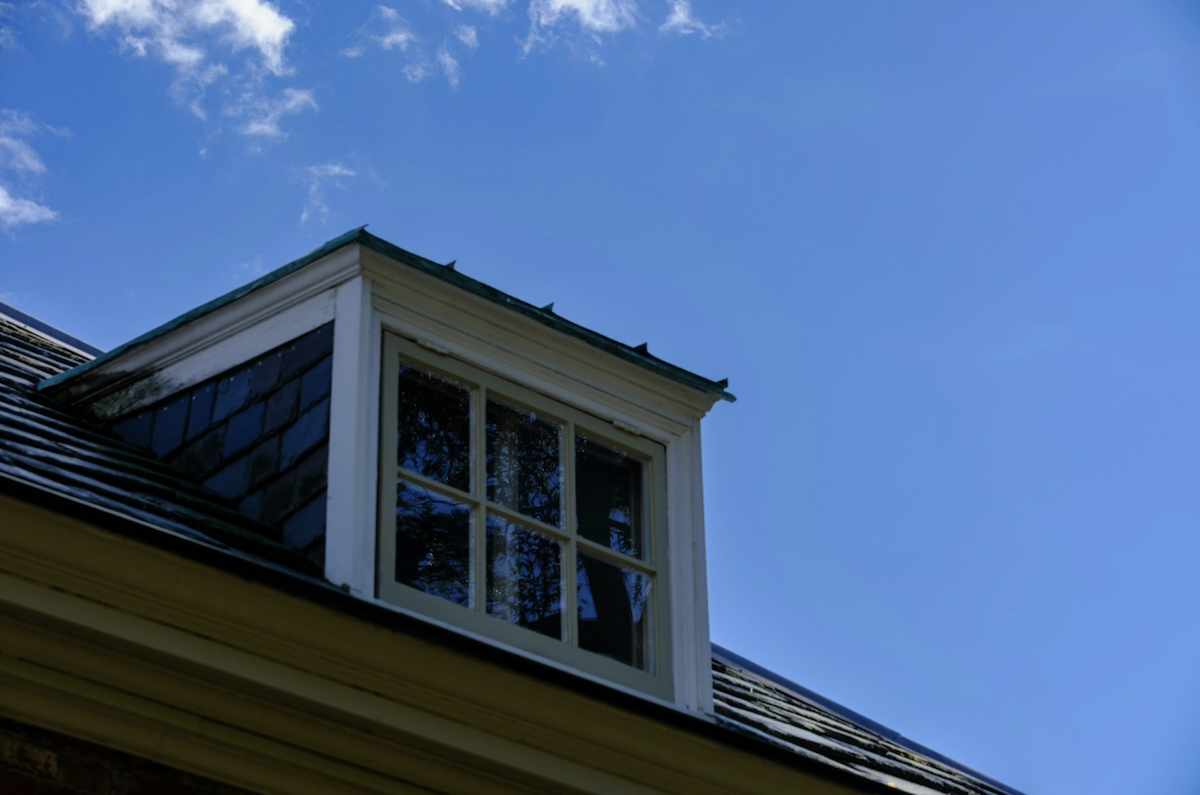


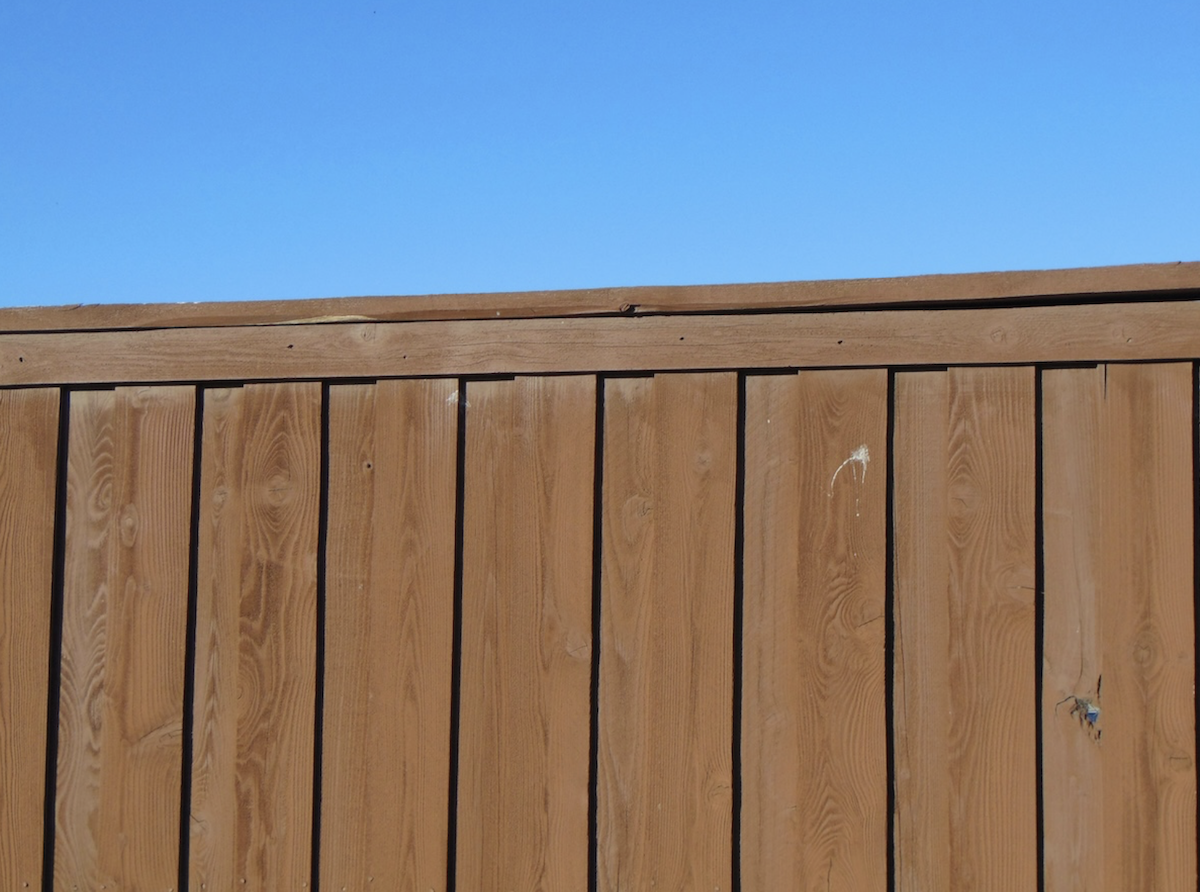

.webp)
.webp)
.webp)
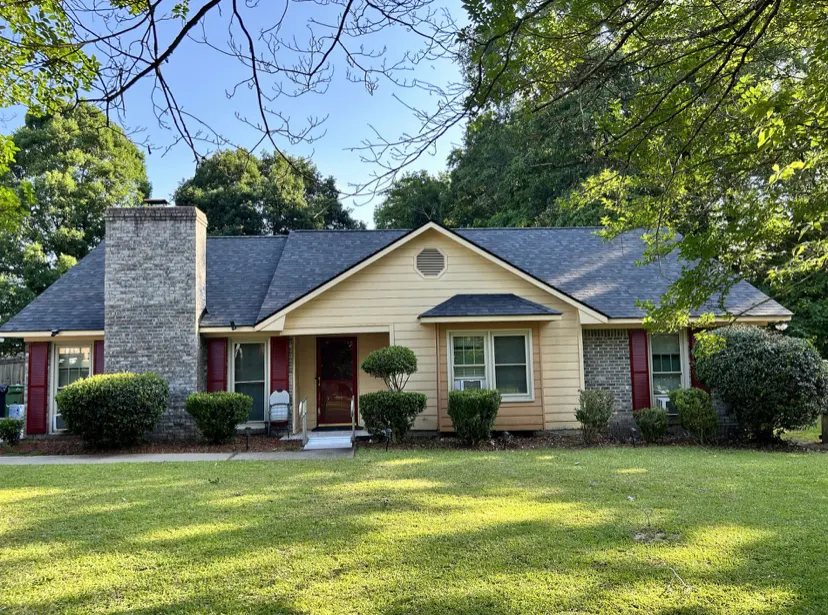
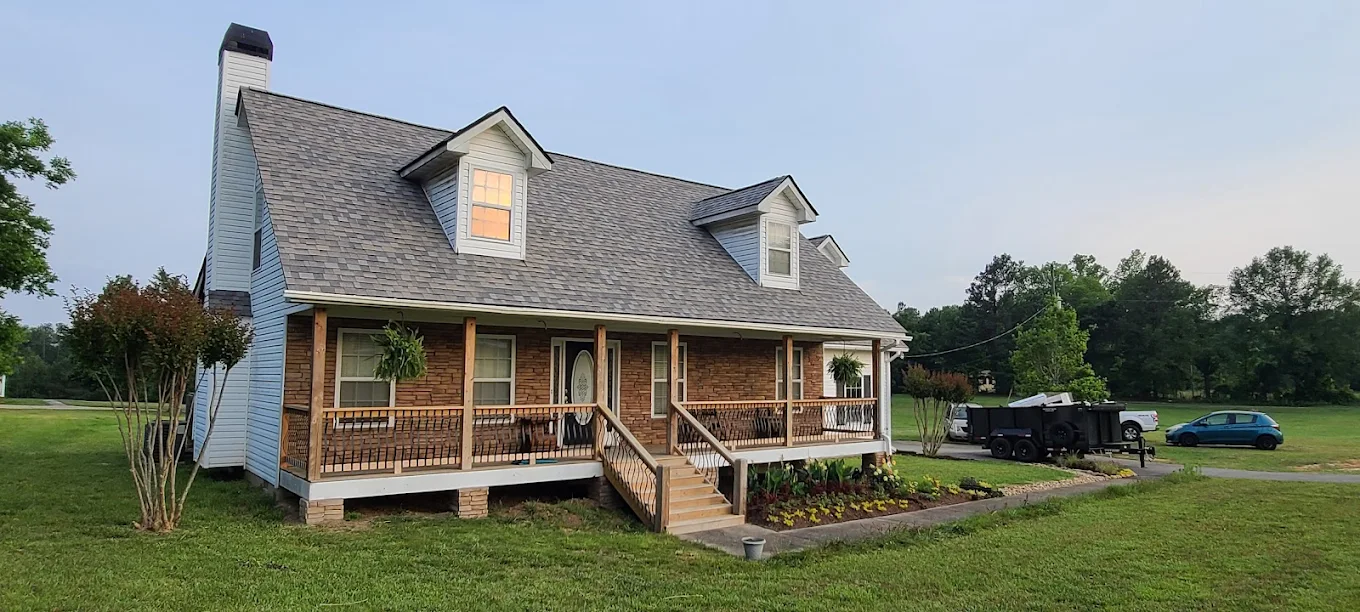
.webp)
.webp)
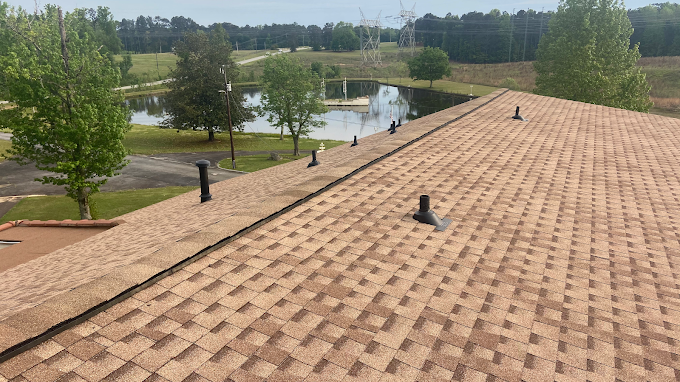



.webp)
.webp)
.webp)

.jpg)






.jpg)











